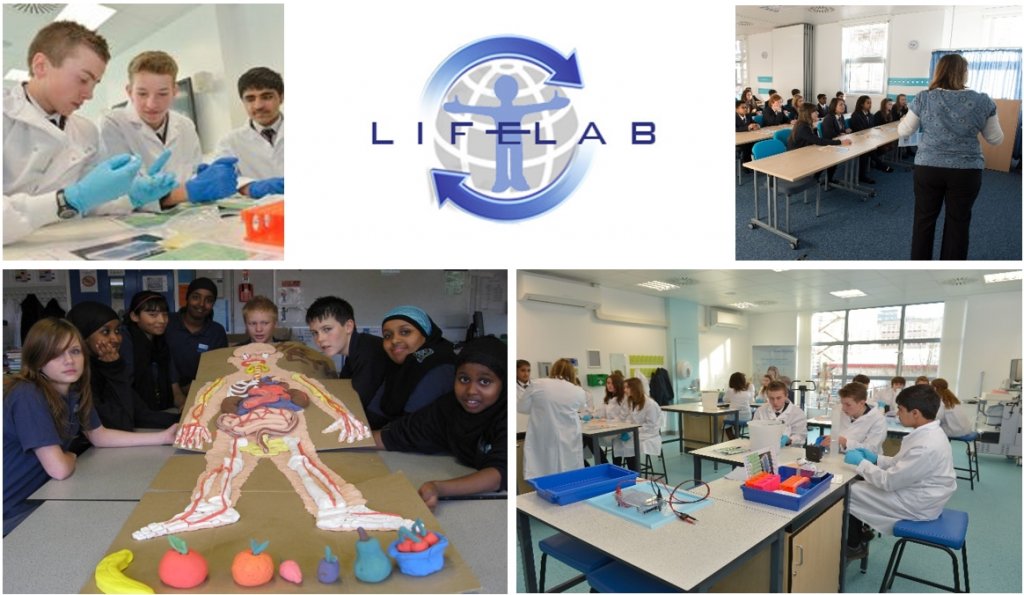Overview
Building on the findings of the SWS and other studies that show the need to improve health behaviours before young people embark on their families, LifeLab is an educational programme based around a purpose-built laboratory that opened in September 2013 in Southampton General Hospital. A cluster-randomised trial of 32 schools is being conducted to assess the effectiveness.

Objective
To assess whether an educational intervention targeting teenagers improves their understanding of the long-term influences of their health behaviours on their subsequent cardiovascular health and that of their future children, their health behaviours with respect to diet and lifestyle, their self-efficacy in relation to diet and lifestyle, and their science and health literacy.
Method
LifeLab is being assessed in a cluster-randomised controlled trial. Schools are the units of randomisation and two to three classes will be recruited from each school. Thirty two clusters are being randomised and will be assessed before and after the LifeLab visit. Control children will complete the same questionnaires but will not visit LifeLab or receive the in-school work. The main outcome measures are nutrition and health literacy, with behaviour change as a secondary outcome.
Key findings in the last quinquennium:
Pilot work in preparation for LifeLab showed that students retain the learning within LifeLab for at least six months, and have altered attitudes to science.
